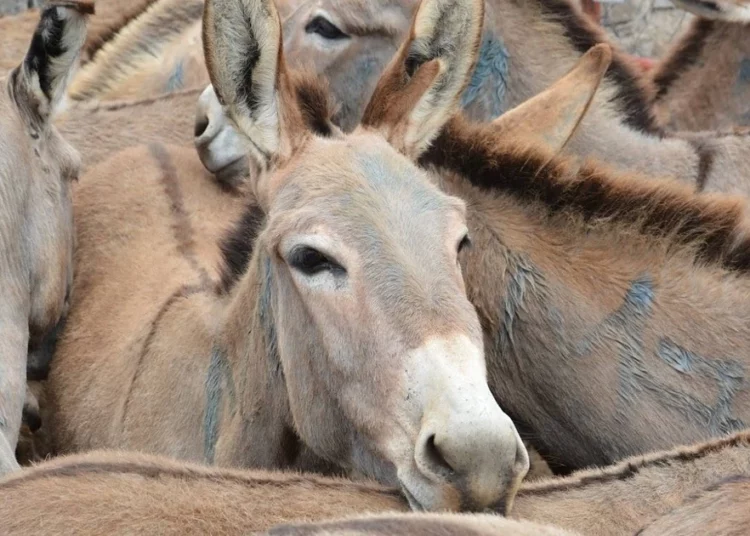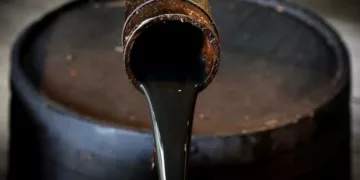A United Kingdom-based charity has raised fresh concerns over the mass slaughter of donkeys, nearly six million annually, to feed China’s booming demand for ejiao, a traditional medicine made from donkey skin, with devastating consequences for African communities and global health.
In a report released on Thursday, The Donkey Sanctuary described the ejiao industry as fueling “a massive global trade in donkey skins, much of it illegal,” as China turns to African countries to meet its skyrocketing demand, amid a collapse in its own donkey population.
“Traders exploit vulnerable people using large and sophisticated networks of agents to pressure donkey owners into selling their animals,” the charity said. “Illegal networks operate across the continent, often without consequence, stealing and slaughtering donkeys in the night.”
According to the group, about 5.9 million donkeys were killed worldwide in 2023, and projections suggest at least 6.8 million skins will be needed annually by 2027 to sustain the $6.8 billion ejiao industry, which is marketed as a health and beauty product in China.
China’s domestic donkey population has fallen drastically from 11 million in 1992 to just 1.5 million in 2023 leading the country to source skins from Africa, where donkeys are vital to rural life, especially for women and children who depend on them for farming and transport.
The Donkey Sanctuary emphasised that many of the slaughter practices are unregulated, inhumane, and unsanitary.
“Donkeys die in often unregulated, inhumane, and unsanitary conditions, and large numbers perish on their way to slaughterhouses,” it reported.
Beyond the humanitarian impact, the charity also flagged growing public health risks. “The transportation of untreated skins and improper disposal of donkey carcasses risk triggering the spread of infectious diseases and damaging local ecosystems,” the report stated.
In response to the crisis, the African Union introduced a 15-year moratorium on donkey slaughter in 2023, but implementation and enforcement remain weak, allowing illegal trade to flourish.
The charity called for global regulatory intervention and stronger protections to halt the exploitation of donkeys and the vulnerable communities that depend on them.





